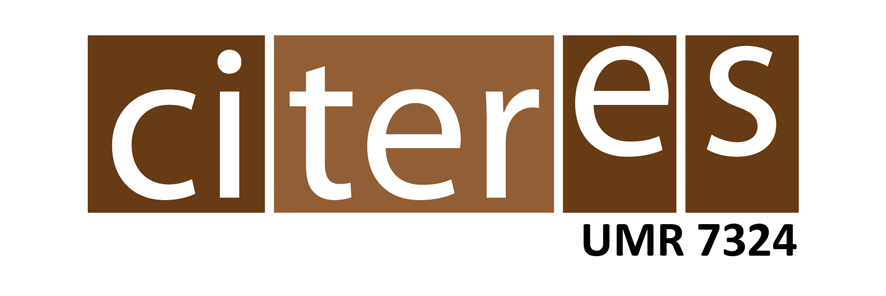Assessing to act: A water-energy-food-ecosystem (WEFE) nexus governance assessment for the Inkomati-Usuthu river basin in South Africa
Résumé
Water, energy, food, and ecosystems (WEFE) are inherently interlinked, forming a complex system (nexus) that is shaped by natural and anthropogenic factors. The nexus concept was introduced as a holistic approach to resource governance. Yet, many studies remain rather technical and governance and policy-related questions often unanswered. This paper presents a WEFE nexus governance assessment for the Inkomati-Usuthu river basin in South Africa. The assessment is based on interviews and workshops with stakeholders from the four WEFE sectors and local, regional and national levels. Using the WEFE nexus governance assessment tool NXGAT, we evaluated the current governance system along five governance dimensions (actors and networks, levels and scales, problem perspectives and goal ambitions, strategies and instruments, and responsibilities and resources) and five governance quality criteria (comprehensiveness, coherence, flexibility, intensity of action, and fit). Our results show that the current governance system of the Inkomati-Usuthu river basin is moderately restrictive towards WEFE nexus governance, in particular due to the poor performance of the governance quality criteria comprehensiveness, coherence, and intensity of action. We give practical recommendations for nexus-oriented actions that can be implemented as key steps towards WEFE nexus governance. Subsequently, we reflect on our methods and discuss limitations of our study. We conclude that a WEFE nexus governance assessment based on stakeholder experiences and knowledge provides valuable insights and contributes to broader efforts to enable more contextualised assessments.
| Origine | Fichiers éditeurs autorisés sur une archive ouverte |
|---|---|
| licence |



